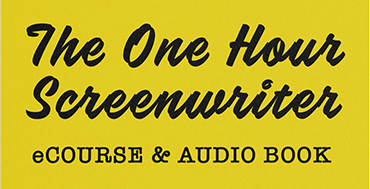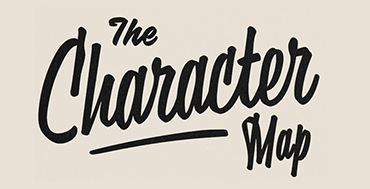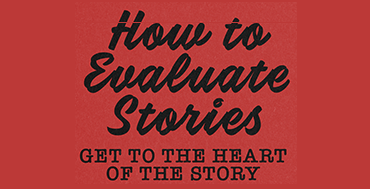Ideas in the Air


That experience got me thinking about innovation and new ideas. A question I frequently get asked is: “What if someone steals my idea?” The fact is, you cannot protect an idea. You can only protect the expression of the idea. Your unique expression or individual point of view is what makes any of your script ideas valuable or protect-able.
Sometime subject matters, concepts or story ideas are just “in the air.” A number of similar and widely disbursed individuals can all have the same idea at once. Malcolm Gladwell wrote a fascinating study of how this happens in a very interesting New Yorker article about scientific or technological achievements.
The same thing can happen with script ideas. Several people can write very similar scripts independently and all at approximately the same time. Each person thinks their idea was “stolen.”
I’m not saying that theft of intellectual property never occurs in Hollywood but, quite often, coincidence plays a major role. Your job is to make your expression of your idea so unique, so clear and so particular to your point of view that your script prevails in the marketplace.
Writers have told every story there is to tell over the course of millenniums. There are only so many plots under the sun. The only thing that makes your script commercial is your unique point of view. That cannot be duplicated by anyone anywhere.
Ron Bass, perhaps Hollywood’s most prolific writer (and he’s a producer as well), once told me that when he is offering a writing assignment he asks a potential writer for ten pages from a sample script. The ten pages can be from anywhere in the script. He said: “I can teach structure, I can teach story and character development. But I can’t teach point of view. That is the writer’s unique voice.” He can tell in just ten pages if the writer has a passionate individual voice (or not).
That’s why every script should be personal. Why are you the only one who can write your story? How is the script urgent and authentic to you? What drives you to write this script? How are you making the story yours? The answers to those questions add up to your unique voice.
Of course, you should also register your script in the US Copyright office. My eBook, The One Hour Screenwriter, explains in detail how to do this.
Registering your script at the Writers Guild (WGA) or any other script registry services does not afford any legal protection. It only establishes the date you wrote the script. You need to copyright your script to get the full protection of US law.
The One Hour Screenwriter also explains how to draw on and use your personal experience in your writing. It asks a series of question which helps you discover your own authentic writer’s voice.



Create a visual map for a character’s emotional journey. Pull stories from character rather from rote story structure beats. Some of the largest international media companies, use this in story and character development.


A clear concise guide for writers and producers to have by their side as they embark on a project. It gives a really vital reminder of what is key for story success.

No comment yet, add your voice below!